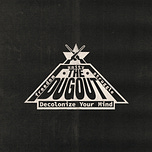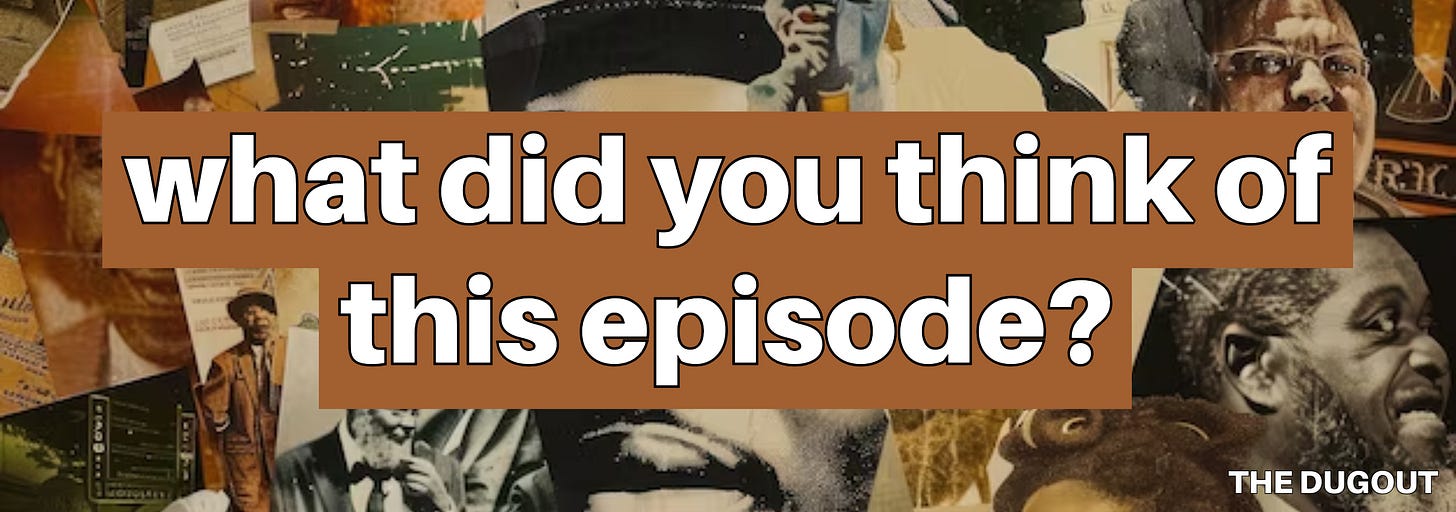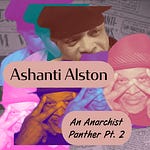I (Prince) sat down with my co-host, Jordan, to talk about how they came into politics — not as theory first, but through life, loss, and the chaos of 2020.
We talked about what it means to get assigned Marx by a professor, their upbringing and early anti-authoritarianism. About being radicalized by police violence during the George Floyd protests. Jordan opens up about the moments that shaped him: studying revolutionary texts for the first time, organizing on the ground, and trying to make sense of what martyrdom means to a generation raised on livestreamed death and survival.
🔥 Themes We Explore
1. Defiance as a Form of Becoming
Jordan’s childhood story — organizing to get their own caseworker fired — is more than a moment of rebellion; it’s a blueprint for self-determination. We talk about how early resistance to control, especially as Black and queer youth, often gets pathologized instead of understood as political intuition.
2. Art, Music, and Mutual Aid as Spiritual Practice
Jordan talks about how composition, performance, and even cooking are spaces where collective creativity thrives. They compare direct action to theater — each person with a role, the beauty in collaboration — and that metaphor sticks with me. There’s something revolutionary about seeing everyday life as rehearsal for liberation.
3. Grief, Martyrdom, and the Archive
One of my favorite moments is Jordan saying:
“Grieving is the act of remembering.”
We talk about grief as both a political and spiritual practice — a way of maintaining lineage, ritual, and responsibility. To prioritize grief is to protect memory, to resist erasure. It’s also to love in public.
4. The Death of Afro-Pessimism
In a moment that hits hard, Jordan expands on a line from a previous episode:
“Afro-pessimism as a thought becomes less relevant in a world that is built on the dismantling of oppression.”
We dig into what it might mean to imagine liberation not as a counter to white supremacy, but as its undoing — to live in a world where Black being no longer requires resistance to whiteness.
5. Socialism for the Antisocial
One of the most beautiful tangents is when Jordan dreams of a “socialism for the antisocial.” We laugh about organizing with introverts, hermits, wallflowers — and what it might mean to build radical community that still honors solitude and difference.
📚 Suggested Readings & Resonances
For those who want to go deeper, here are a few texts that connect to what we talked about:
Joy James — Resisting State Violence (on grief and revolutionary love)
Klee Benally — Voting is Not Harm Reduction
Saidiya Hartman — Lose Your Mother (on memory, intimacy, and the afterlife of slavery)
Frantz Fanon — The Wretched of the Earth
Christina Sharpe — In the Wake: On Blackness and Being
bell hooks — All About Love (for the tenderness underneath it all)
💬 Reflection Questions for Listeners
How do you define “comrade,” “friend,” or “community member”?
What does grief look like in your organizing or creative life?
How do you balance solitude and collectivism?
What memories or lineages do you feel responsible to keep alive?
What would it take for Afro-pessimism to become irrelevant — and what might that world feel like?











